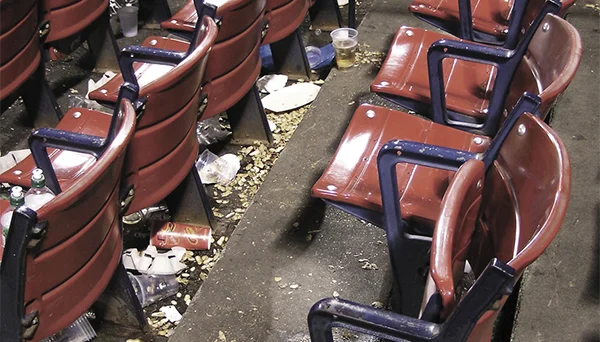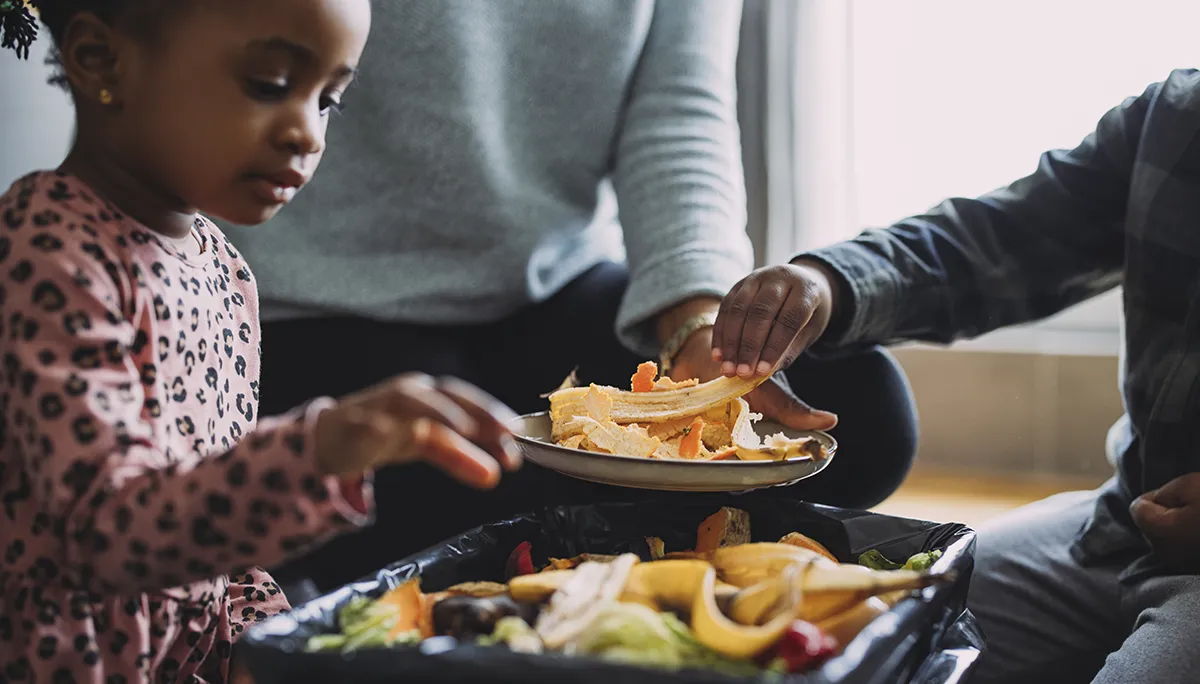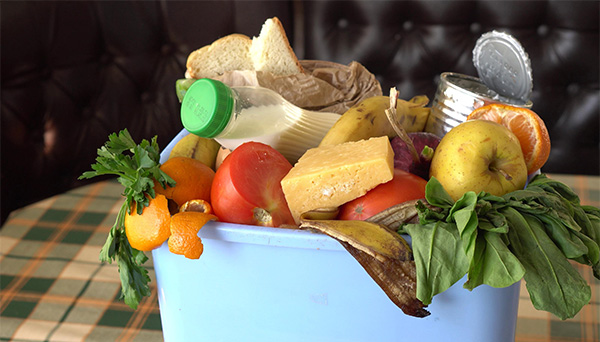Preventing and Reducing Food Loss and Waste (FLW)
A significant amount of food produced for human consumption is never eaten. In a global context, around 14% of the world's food is lost each year after harvest (FAO, 2019) and an estimated 17% of food is wasted at the retail and consumer levels (UNEP, 2021). This food loss and waste accounts for 8-10% of global greenhouse gases emissions and comes at a time when more than 800 million people are going hungry around the world. In North America, approximately 168 million tonnes of food loss and waste are generated annually: 13 million in Canada, 28 million in Mexico and 126 million in the United States. This equates to 396 kilograms per capita in Canada, 249 in Mexico and 415 in the United States (CEC, 2017). This level of inefficiency suggests three strong reasons to reduce food loss and waste: economic, environmental and social.

Food Waste Prevention Week
1-7 April 2024
World Food Forum
20 October 2023
International Day of Awareness of Food Loss and Waste
29 September 2023
Engaging Young People and Educators on Fighting Food Loss and Waste
The CEC Food Matters Action Kit is loaded with informative resources and hands-on, creative activities to inspire young people of all ages to prevent food waste at home, at school and in their communities.
From organizing a disco soup party and learning food preservation techniques to building worm compost bins and solar dehydrators, the Food Matters Action Kit, with its activity guide, is designed to encourage young people of all ages to protect the environment by preventing food waste. Dive in and discover dozens of fun and impactful ways to make a difference!
Engaging Industry and Civil Society on Fighting Food Loss and Waste
Across North America, businesses, non-profits, institutions and individuals are increasingly realizing the enormous impacts of food loss and waste. Uneaten food presents social, environmental and economic costs, but also a large opportunity. To be successful in preventing and reducing food loss and waste, an organization or facility must first measure how much food is being lost or wasted within its operations. Measuring this waste can identify the extent of the problem and hotspots needing to be addressed, as well as enabling progress tracking over time.
Tools and Resources
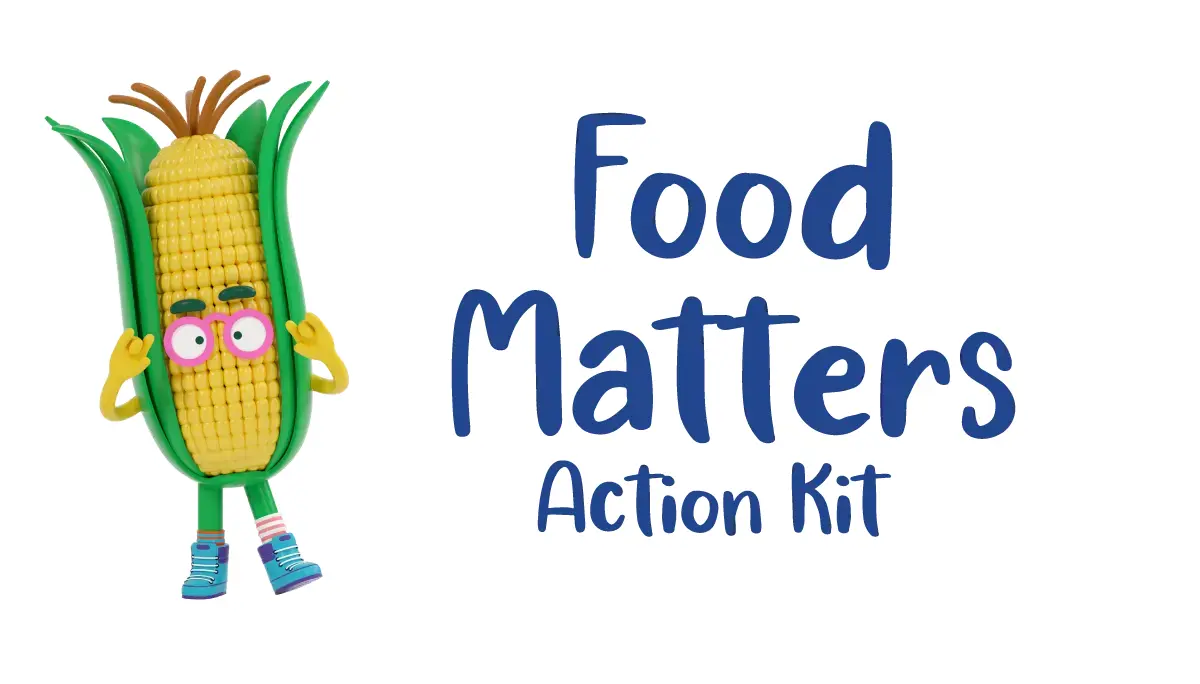
Food Matters Action Kit
The Food Matters Action Kit provides North American youth with dozens of easy and fun activities that have a positive impact on our environment.

Why and How to Measure Food Loss and Waste
This practical guide provides a step-by-step plan for organizations all along the food supply chain to measure food loss and waste.
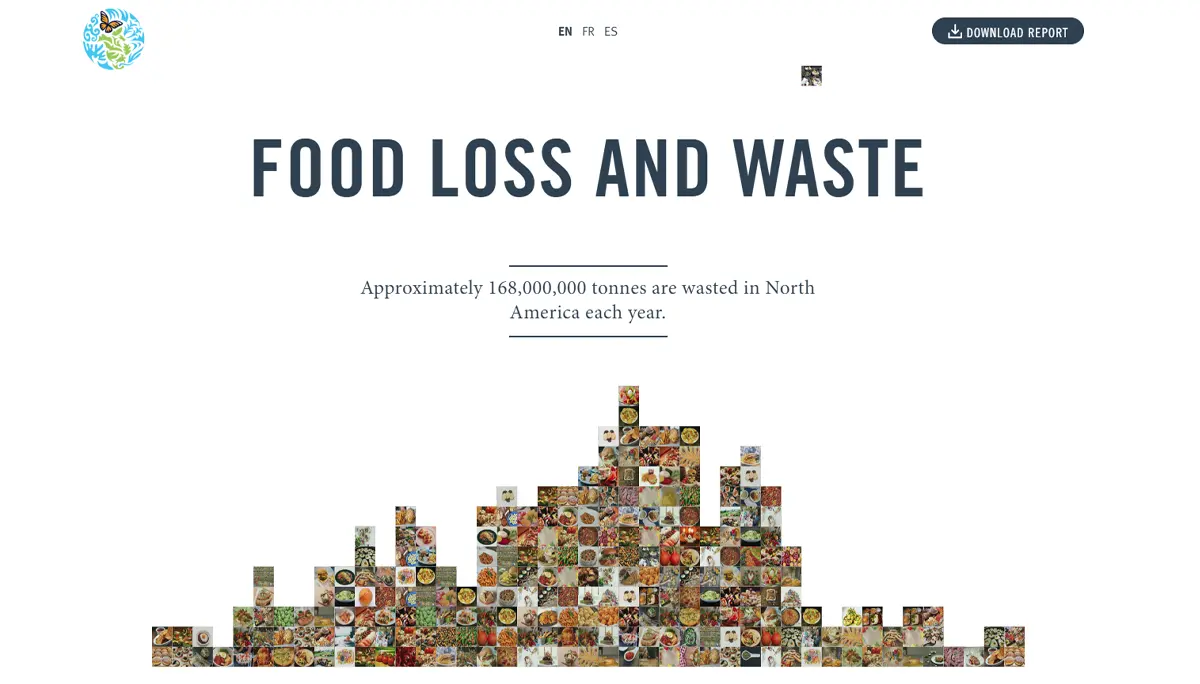
Food Loss and Waste: Infographic
What is the estimated impact of food loss and waste on our lives and on our surrounding environment?
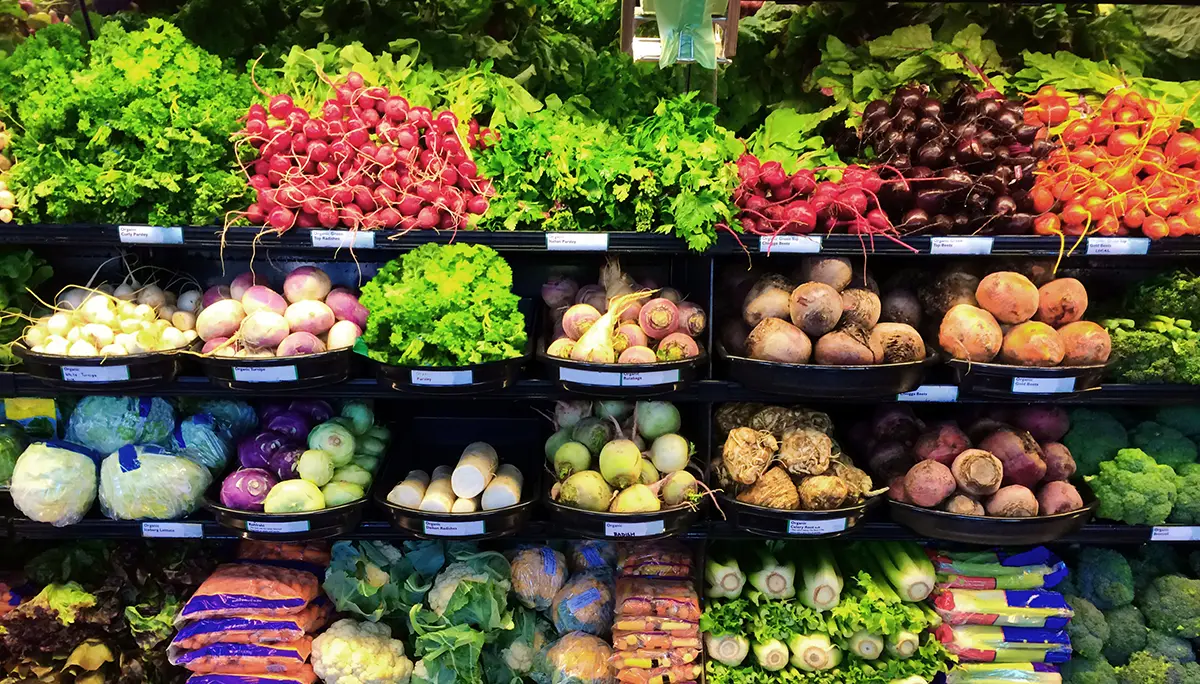
North American Initiatives on Food and Organic Waste
Peeling back the layers on the issue of food loss and waste in North America.
Videos
#ShrinkFoodWaste: Let’s Shrink Food Waste Mountain
#ShrinkFoodWaste: Tale of the Forgotten Food
#ShrinkFoodWaste: Day of the Ugly Food
CEC Food Matters Action Kit
Publications
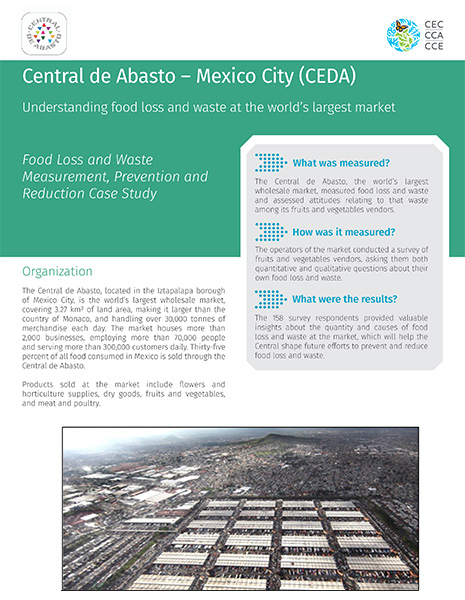
5 pages December 15, 2021
Central de Abasto – Mexico City (CEDA)
The Central de Abasto, located in the Iztapalapa borough of Mexico City, is the world’s...

25 pages June 22, 2021
Why and How to Measure Food Loss and Waste – Appendix A – Methods
This appendix contains brief descriptions of several FLW measurement methods, as well as additional resources...

5 pages June 21, 2021
LOS TROMPOS restaurants, tacos and specialties
Reaffirming its commitment to society, the environment, and the economy, the Los Trompos restaurant chain...

4 pages April 28, 2021
Recycle Leaders, Loop Closing, and Soilful
Recycle Leaders, Loop Closing and Soilful are three small businesses in Washington, DC1 that teamed...

4 pages April 26, 2021
San Diego Food System Alliance (SDFSA)
The San Diego Food System Alliance (“The Alliance”) is a nonprofit organization working to cultivate...
Projects

2019 - 2020 Completed
Preventing and Reducing Food Loss and Waste

2017 - 2018 Completed
Measuring and Mitigating Food Loss and Waste

2015 - 2016 Completed
North American Initiative on Food Waste Reduction and Recovery
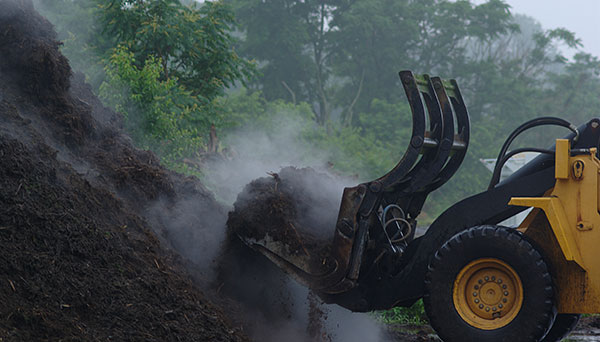
2015 - 2016 Completed
